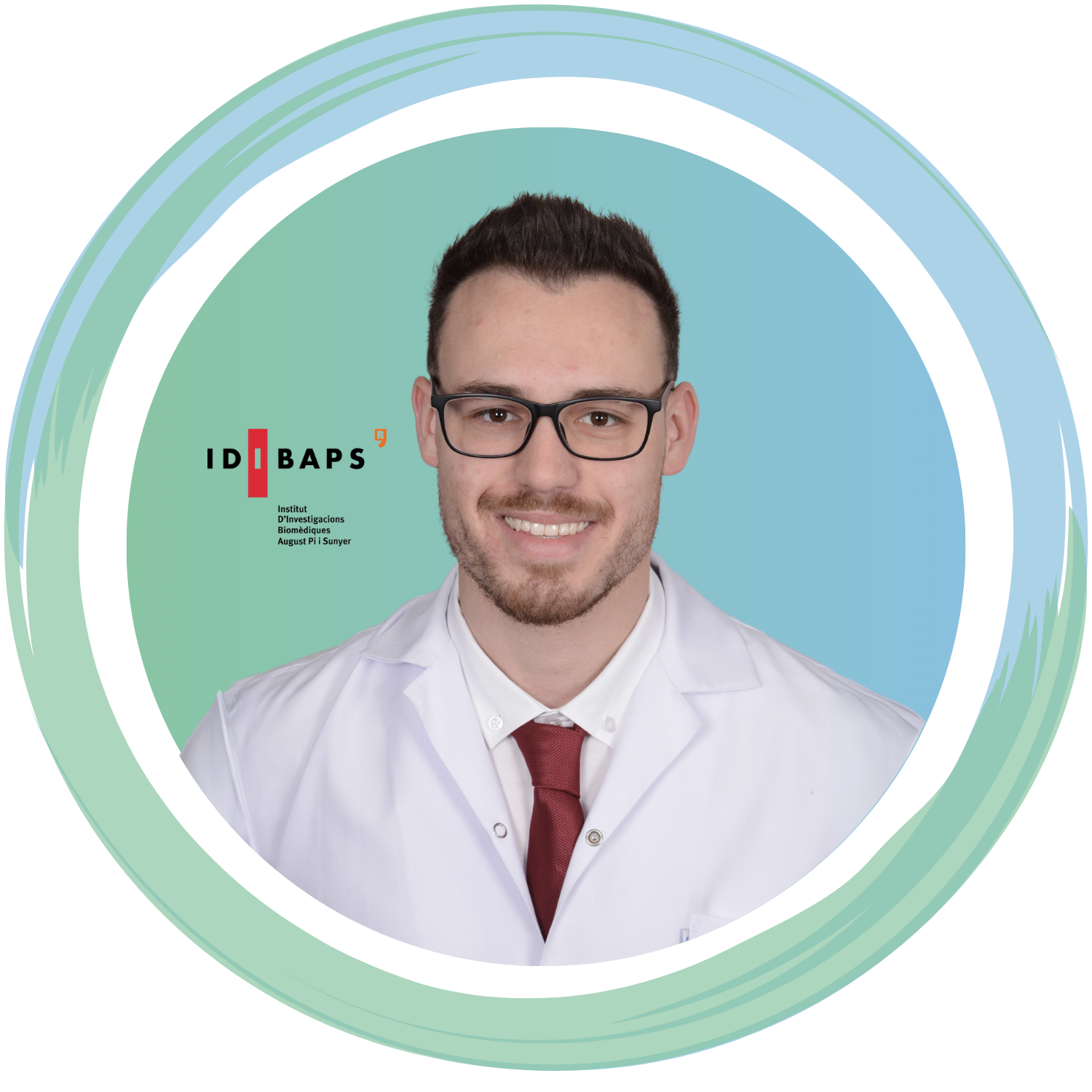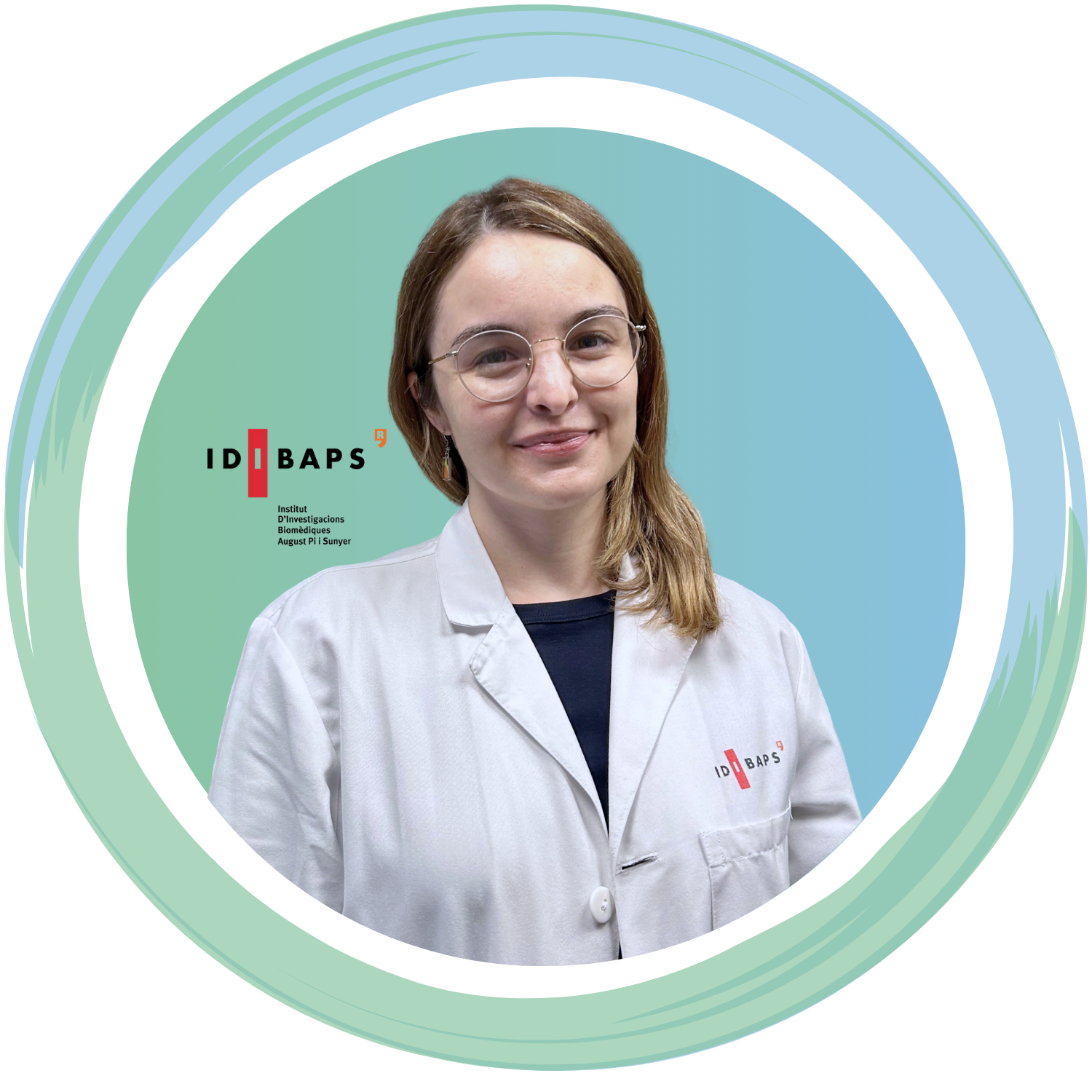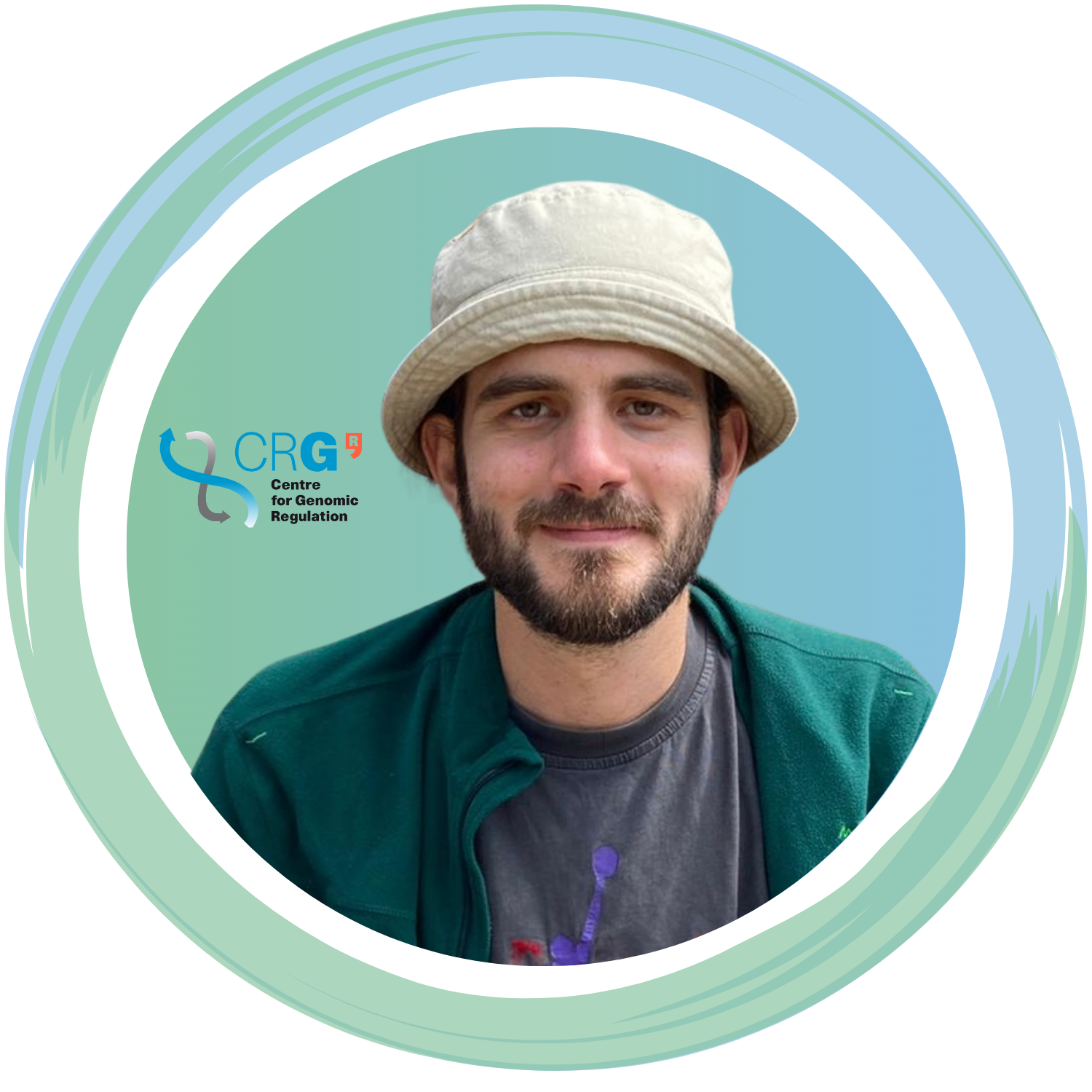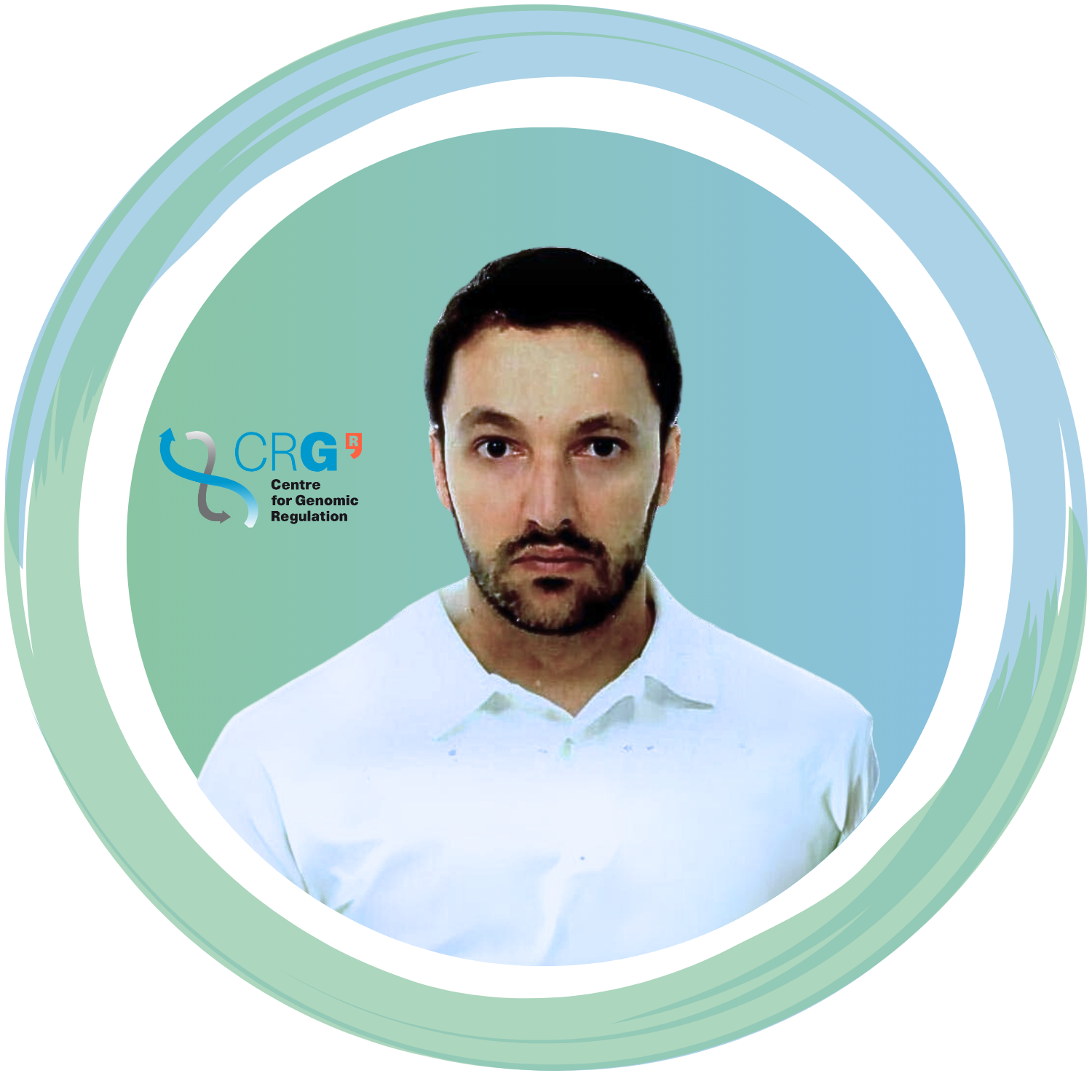The lab: Ferrer group
Lab's research themes
The main aim of the lab of lab is to work on beta-cell regulatory genomics, genetics, and modeling diabetes to find new therapies.
Ferrer's lab is interested in understanding the genome regulation of pancreatic beta cells and its implications for human diabetes. His team has combined genetic model systems and advanced genomics to address key questions in human beta cell biology, regeneration, and disease.
Diabetes mellitus afflicts more than 400 million people. Current strategies to prevent and treat diabetes are limited by our scant knowledge of the molecular defects that cause diabetes. We focus on understanding changes in genome regulation that lead to monogenic and polygenic diabetes. We study the gene networks that are essential for insulin-producing beta cells to maintain glucose homeostasis, and develop strategies to manipulate these networks in human patients. We are also interested in how gene regulatory mechanisms can be harnessed for regenerative therapies in autoimmune diabetes. To achieve these goals, we combine regulatory genomics, human genetics, and genome engineering in model systems.
Merits of the lab
The lab created the first genome maps of human pancreatic regulatory elements, and defined the role of noncoding variants in polygenic type 2 diabetes, and in rare Mendelian forms of diabetes. It coordinates a project to discover genetic mechanisms of diabetes through whole genome sequencing of a large cohort of patients with non-autoimmune young-onset diabetes. It combines mouse genetics, genome editing, single cell genomics and stem cell differentiation models to understand the role of noncoding defects in human disease. .
Why do we train medical doctors in our team?
The team is highly multidisciplinary. It is composed of members with diverse backgrounds (biotechnology, biology, medical, engineering) and includes individuals with expertise in computational genomics, human genetics, single cell genomics, mouse genetics and genome editing in human stem cells. Jorge Ferrer is an MD-PhD himself, and advancing the clinical practice with cutting-edge research has been always in his lab's mindset.

The position
Meet Precious!
Biosketch
Precious is a medical specialist in Otorhinolaryngology-Head and Neck Surgery with a Master’s in Public Health – Epidemiology and Biostatistics Track and a second Master of Science in Data Science and Artificial Intelligence. She envisions a future where medical decisions and public health policies are based on high-quality data.
University awarding the PhD
Precious is currently enrolled at the Pompeu Fabra University in the PhD in Biomedicine programme, and the local CRG’s International PhD Programme.
I decided to become a physician because…
I want all people to reach their highest potential. As a kid, I thought that physicians could cure all diseases that limit us from maximizing our capabilities. I thought all treatment options had been discovered already and just needed to be applied.
But also, I wanted to become a scientist because…
I realized that we still have a lot of questions to be answered before we can end diseases. We need more scientists to deepen our understanding of disease pathophysiology and improve our current treatment armamentarium.
What I am working on?
Our project aims to explore the role of genetic variants in enhancers that are active in pancreatic islet cells, in rare monogenic diabetes. Diabetes is a heterogeneous group of metabolic disorders characterized by a common disease end-point, elevated glucose levels. Despite this, most patients follow similar glucose-lowering treatments with highly variable treatment responses. Between 1-5% of diabetes cases suffer from Monogenic Diabetes forms, caused by single gene defects. The molecular diagnosis for these conditions is critical to tailor the most appropriate treatment. However, our current diagnostic rate from clinical genetic platforms is ~50%, and thus, a large fraction of monogenic diabetes patients could not benefit from the most appropriate therapeutic intervention. Thus, we need to extend diagnostic screening to other types of genetic variants that so far have been underrepresented in monogenic diabetes genetic studies, such as genetic variation in the non-coding genome, particularly in the enhancer regions.
Why is this important to me as a medical doctor?
Stratifying a heterogeneous group of diseases into more homogenous clusters based on underlying genetic mechanisms will allow patients to receive the most appropriate therapeutic intervention.
Who am I besides a future physician-scientist?
I love to run🏃♀️ and cycle🚲!











